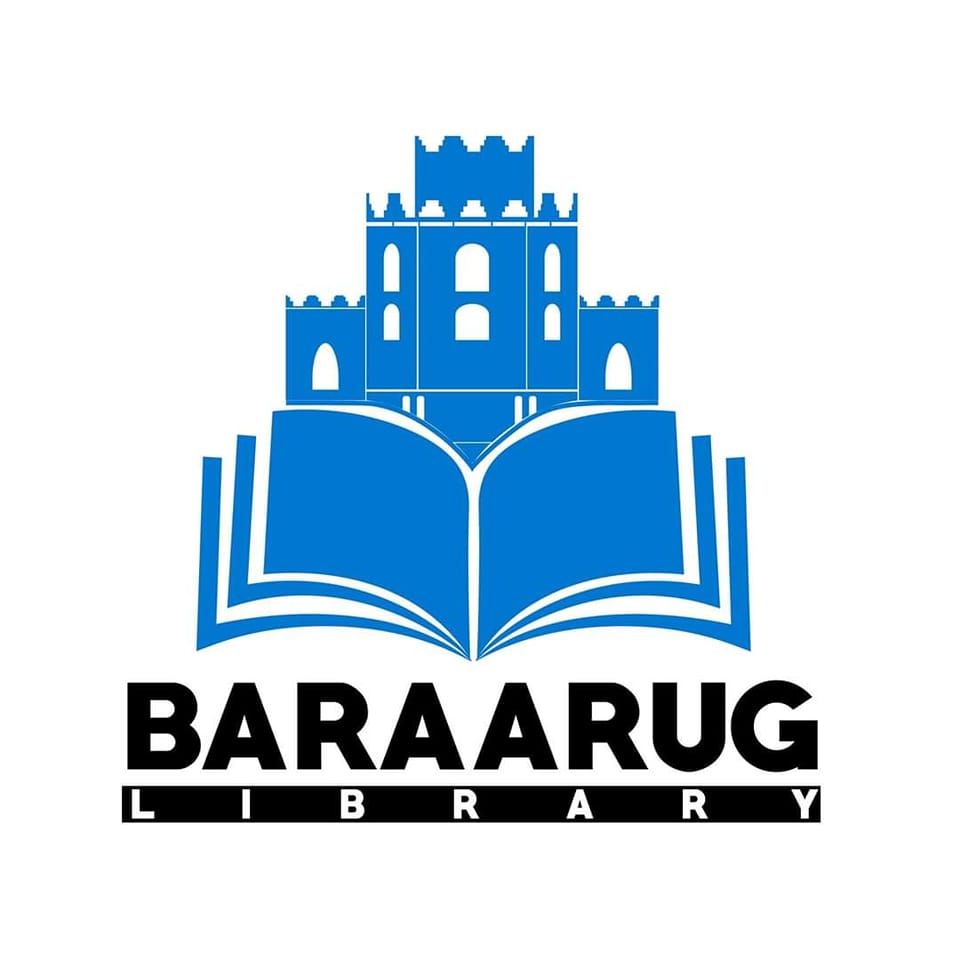
In the digital age, social media platforms have become integral parts of everyday life, especially for youth. Among these platforms, Facebook stands out as a space where Somali youth gather to connect, share, and communicate. Within this digital realm, Baraarug Library has emerged as a unique phenomenon, transforming from a mere online collection of e-books and scholarly articles to a vibrant third space for Somali youth. Drawing upon Ray Oldenburg’s concept of the third space, we can understand how Baraarug Library has become a transformative force in the lives of these young people, offering a vital space for social interaction, learning, and cultural enrichment.
Ray Oldenburg, in his seminal work “The Great Good Place,” introduced the concept of the third place as a social environment separate from home (the first place) and work (the second place). According to Oldenburg, third places are essential for community cohesion, social interaction, and the development of a sense of belonging. They are characterized by their accessibility, inclusivity, and a welcoming atmosphere that encourages regulars to establish meaningful connections.
Community and Social Interaction
One of the key features of the third space is the opportunity for social interaction and community building. Baraarug Library serves as a meeting place for young people to forge friendships, exchange ideas, and collaborate on projects that benefit their community. Through its innovative virtual programs such as book discussion, tea & talk, in conversation with, baraarug lecture, It’s Friday! What are you reading this week, the library fosters a sense of belonging and solidarity among its patrons, empowering them to take an active role in shaping their future.
In addition to its role as a social hub, Baraarug Library is also a center for learning and cultural enrichment. Through its collection of e-books and academic articles, the library provides young people with access to knowledge and information that are often inaccessible elsewhere. This access to information empowers them to expand their horizons, develop critical thinking skills, and engage with the world around them in meaningful ways.
By Hassan Mudane
Chairman, BOD
